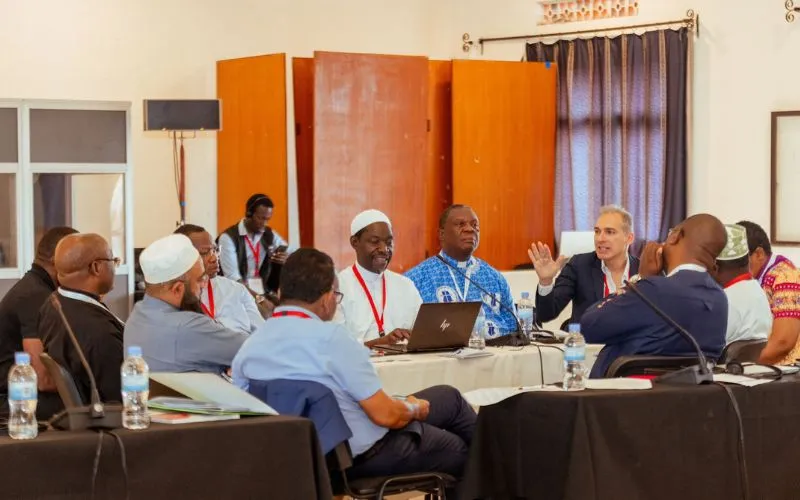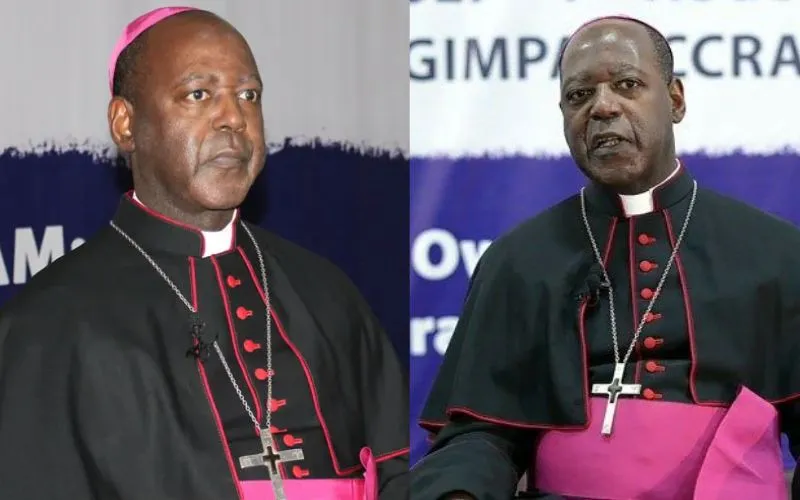Nairobi, 23 July, 2024 / 6:14 pm (ACI Africa).
Religious leaders in Africa are appealing for the continent’s debt cancellation ahead of the Church’s 2025 Jubilee Year to reduce the financial burdens that various African countries are grappling with.
Pope Francis announced the start of a Year of Prayer in preparation for the Catholic Church’s 2025 Jubilee Year on January 21, the second in his Pontificate after the Extraordinary Jubilee of Mercy in 2015.
In a statement following their meeting in Kigali that ended on July 19, representatives of various faiths from various African countries say the continent “urgently” needs “a new debt Jubilee” that they said would “bring the planet back from the brink of becoming uninhabitable.”
This year alone, Africa will spend $90 billion servicing public debt, the religious leaders said, adding that countries in Africa are now unable to decide between paying off their debts and investing in people’s livelihoods.
“We urgently need a new debt Jubilee to bring hope to humankind, and to bring the planet back from the brink of becoming uninhabitable,” the faith leaders say in the statement that was addressed to the G20, G7, United Nations, IMF and World Bank.








